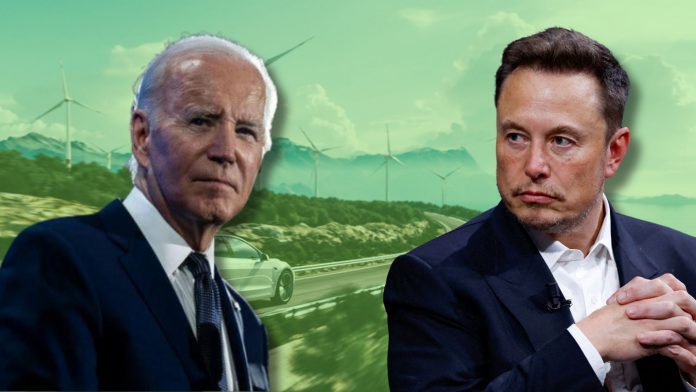Last week, the Biden Administration announced new electric vehicle tax credit guidelines, causing U.S. automakers to re-evaluate which models will qualify for the government’s $7,500 incentive in 2024.
In its revisions, the White House tightened domestic sourcing requirements within the Inflation Reduction Act (IRA), which prevents EVs from qualifying for the full federal rebate if a certain percentage of their components or raw materials are produced by a “foreign entity of concern,” namely China, Russia, Iran and North Korea.
The updated guidelines will also prevent U.S. automakers from relying solely on technology licensed from businesses located in one of the aforementioned countries, largely in response to a now-suspended partnership formed between Ford and Chinese battery manufacturer CATL. Earlier this year, Republican lawmakers criticized the collaboration for circumventing a primary goal of electric vehicle tax credits, that being to reduce America’s reliance on foreign manufacturing.
While most companies are still in the process of determining the effects of these revisions, early reactions to the new guidelines were varied. Following the Biden Administration’s announcement last Friday, General Motors seemed largely unperturbed. Citing the strength of its own domestic supply chain, the company claimed it is “well positioned to maintain the consumer purchase incentive for many of our EVs in 2024 and beyond.”
However, in a separate announcement, Tesla, still the battery-powered car segment’s reigning champion, noted that two of its most popular models would soon no longer qualify for the maximum incentive of $7,500. When the rules enter into effect in January, the brand’s Model 3 Rear-Wheel Drive and Model 3 Long Range variants will only qualify for 50% or $3,750. This leaves just weeks for customers to purchase one of the two cars and qualify for the full EV tax credit.





